Pet owners probably agree that their cat or dog may not have the loveliest breath. Imagine how your mouth would smell if you did not brush your teeth for months at a time! Not a pleasant thought, is it? It is important to pay attention to the dental health of our pets, just as we take care of our own teeth, so we can try to prevent gum disease, tooth loss and other health problems.
The main reason that pets have bad breath (halitosis) is because they have gum disease. By age three, at least 80 percent of dogs and 70 percent of cats have some form of gum disease. Just because cats and dogs do not eat a diet filled with sugary or sticky foods, does not mean they would not accumulate tartar. Once food particles and bacteria collect along the gum line, plaque begins to form, in the same way it does on humans. Their owners can remove plaque for their pets. But once this sticky plaque adheres to the teeth, it turns into hard tartar within a week. Only a veterinarian can successfully remove this yellowish-brown tartar from the teeth of your pets.
Other reasons your pet may have bad breath are: (1) Eating smelly foods; (2) Diabetes; (3) Respiratory diseases; (4) Tonsillitis; (5) Gastrointestinal problems; and (6) Bacterial or viral infections.
If the tartar is not removed, the gums of your pet will begin to redden and swell with the first stage of gum disease (gingivitis) and you will notice their less-than-sweet breath. Your pet may also have problems chewing hard food, paw at their mouth or even seem depressed. If any of these symptoms appear, it is time to take action!
If nothing is done to relieve the symptoms of gingivitis, the health of your pets could deteriorate quickly. Their gums may pull away from the teeth, leaving pockets where bacteria can thrive. This can lead to tooth loss or abscesses. In some situations, the bacteria may enter the bloodstream, causing infections in heart valves, liver and kidneys.
Establishing a regular dental care program. Take your pet to the veterinarian. Upon examination, a vet may determine that teeth of your pets need to be cleaned. It is normal for cats and dogs to have cleanings once a year, some older pets may need twice yearly cleanings. Talk to your vet about the procedure and what is best for your pet.
Daily home care is required for your pets. One of the best ways to avoid bad breath and gum disease is to clean the teeth of the pets daily. You may think that your pet will never put up with having their teeth cleaned, but your pet can be trained to sit still long enough for it! Your vet can give you tips. Do not use your own toothpaste on your pet (as it could cause stomach problems). Special toothbrushes and toothpaste are available for pets. Talk to your vet to see which one they recommend.
Adequate nutrition helps. There are pet foods that are specifically aimed at reducing the risk of dental diseases. Avoid giving your pets sweet treats. Your cat may love ice-cream, and your dog may look forward to drinking the leftover milk in your cereal bowl, but the sugary satisfaction will harm their teeth!
Any abnormalities in the appearance or personality of your cat or dog should be reported to the vet. The problems may include: (1) Bad breath; (2) Swollen, red gums; (3) Tartar or lesions along the gum line; (4) Pain or bleeding when touching the gums; (5) Discolored teeth; (6) Bumps around or in the mouth; and (7) Losing weight, disinterest in food, or in activity.
The bottom line is this: You brush your teeth at least twice every day, and therefore, your pet should have his teeth cleaned every day too. He may not have minty-fresh breath, but at least you will be doing everything you can to keeping your pet healthy.

 Build Your Chicken Coops According To Your Requirements
Build Your Chicken Coops According To Your Requirements
 Need for a well behaved dog
Need for a well behaved dog
 Important Things To Know About Equine Ulcers
Important Things To Know About Equine Ulcers
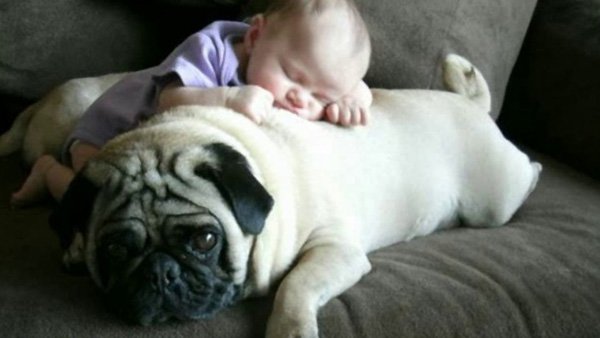 Provide Your Pet with Best Dog Clothes and Dog Food Supplies for Keeping Them Happy
Provide Your Pet with Best Dog Clothes and Dog Food Supplies for Keeping Them Happy
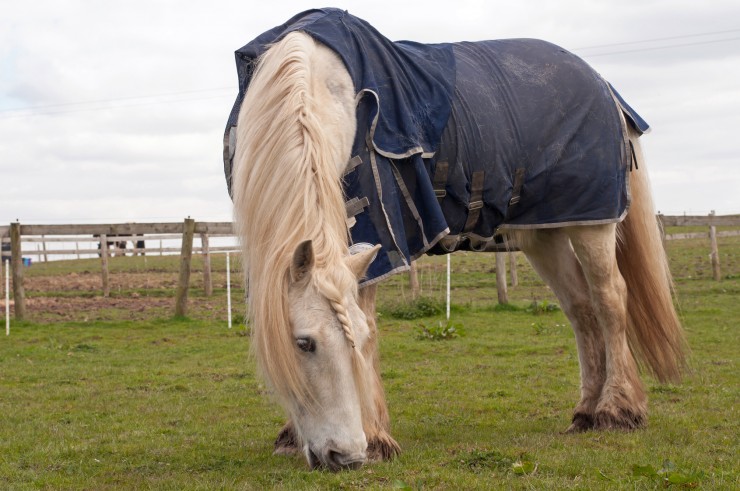 Do Horses Get Enough Vitamin D When Rugged Up?
Do Horses Get Enough Vitamin D When Rugged Up?
 Canine Parainfluenza - Parainfluenza In Dogs
Canine Parainfluenza - Parainfluenza In Dogs
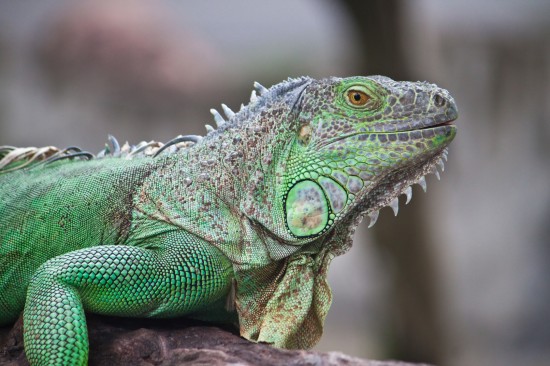 Keeping Green Iguanas Successfully
Keeping Green Igu
Keeping Green Iguanas Successfully
Keeping Green Igu
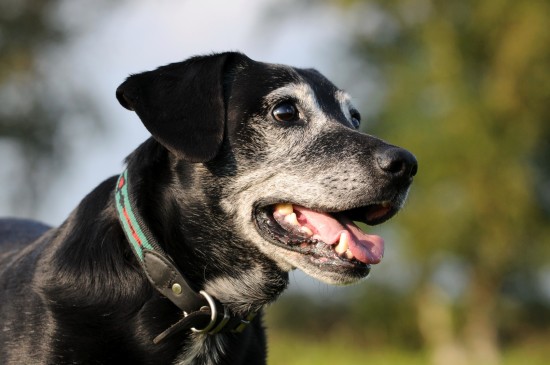 Tips On Looking After An Older Dog
Tips On Looking A
Tips On Looking After An Older Dog
Tips On Looking A
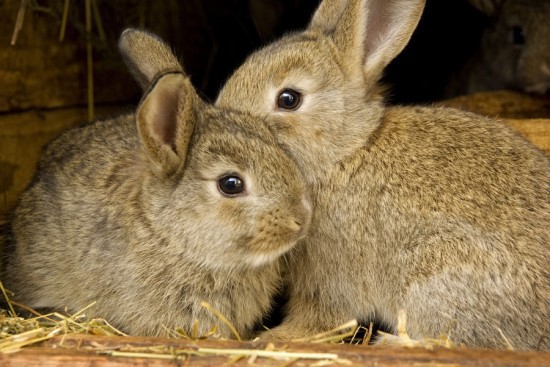 Introduction To Keeping Rabbits
Introduction To K
Introduction To Keeping Rabbits
Introduction To K
 Bedding Material to be Used over the Flooring of your Chicken Coops
Bedding Material to be Used over the Flooring of your Chic
Bedding Material to be Used over the Flooring of your Chicken Coops
Bedding Material to be Used over the Flooring of your Chic
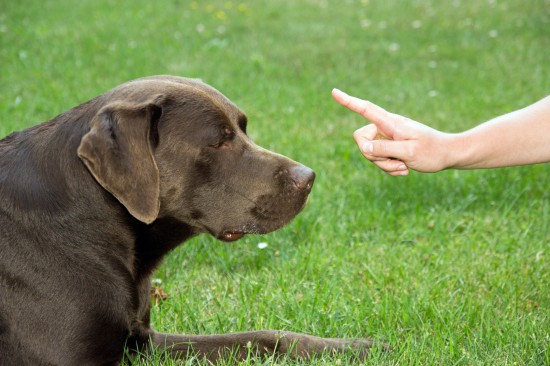 Dealing With A Dog That Refuses To Be Trained!
Dealing With A Do
Dealing With A Dog That Refuses To Be Trained!
Dealing With A Do